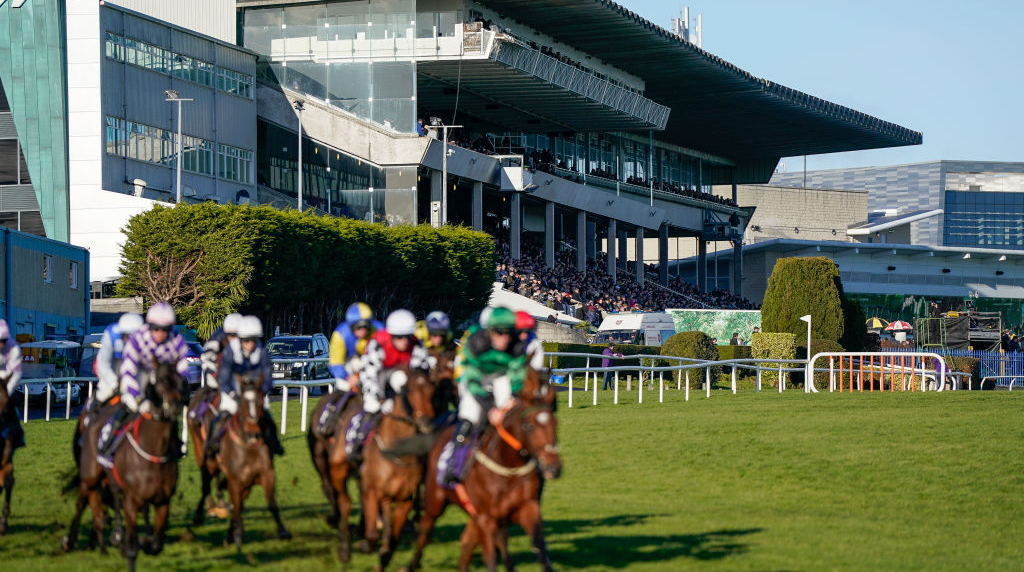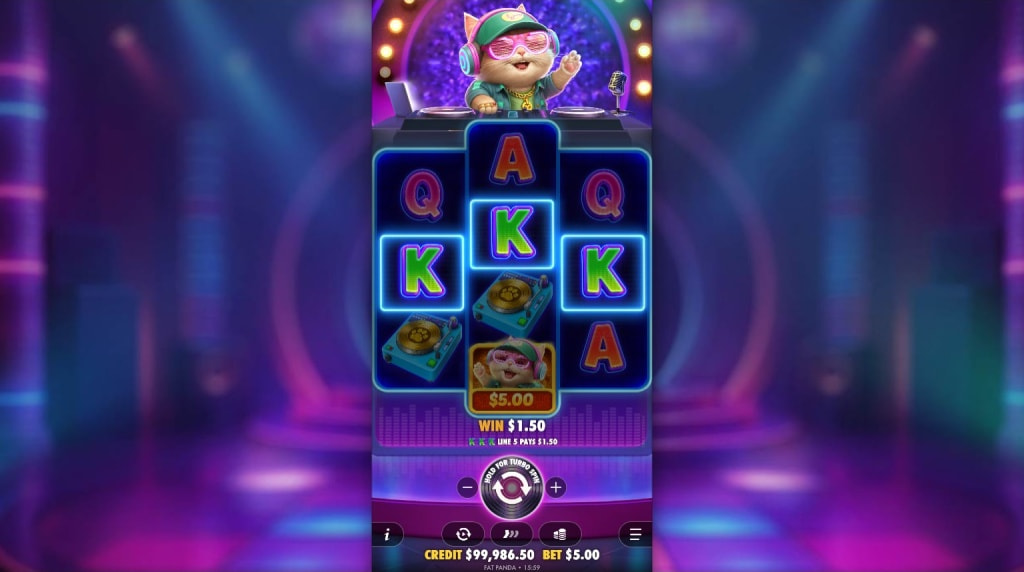Uncovered: “Corruption, Bribery and Manipulation” in Rio Boxing.
Do you know how the outcome of Olympic boxing matches are decided? Probably not. It is a simple process: Five judges score a bout but only three of their five scorecards are randomly selected to decide the winner. It should ensure a fair and honest result.
However, according to a recently published report, the outcome of many Olympic boxing matches at the 2016 Rio Olympics were blanketed by “corruption, bribery and the manipulation of sporting results.”

Michael Conlan’s contentious semi-final defeat at the 2016 Rio Olympics is one of many bouts now under the microscope. ©GettyImages
The ‘three of five random scorecards’ system means four scorecards need to be rigged to guarantee a particular winner. But according to Professor Richard McLaren – who has been commissioned by the International Boxing Association (AIBA) to examine accusations of foul play – at least 11 bouts at the Rio Olympics may have been fixed.
From the Top Down
Having been previously appointed by the World Anti-Doping Agency (WADA) to examine allegations of state-sponsored doping in Russia. Professor Richard McLaren is the world’s leading investigator in the field of sports corruption.
Part one of his 2016 McLaren Report unearthed systematic state-sponsored subversion of drug testing processes by Russian authorities during and after the 2014 Sochi Winter Olympics.
The AIBA turned McLaren to examine and gather evidence following an internal probe that found a “strong suspicion” of result manipulation amongst its former officials.
Speaking at the International Olympic Committee’s headquarters in Lausanne, Switzerland, the Canadian investigator explained his preliminary report findings indicate widespread corruption went right to the top of the AIBA’a old regime.
The Main Players
Describing him as a “key actor” in “allowing manipulation to flourish” McLaren firmly pointed a finger towards former AIBA president Wu Ching-kuo. He was banned for life from the sport in 2018.
A year beforehand AIBA announced that none of its seven senior ‘five-star’ judges would officiate at international level again. All 36 referees and judges that were part of Rio 2016 were banned from officiating at the recent Tokyo Games where the IOC directly oversaw the boxing competition.
The 40 key witness interviews, two million documents, emails, video, and audio recordings McLaren has so far analyzed have resulted in a 149-page report.
It explains how the appointment of judges, referees, and officials at Olympic events allowed for the conditions in which the results of bouts could be manipulated.
The compliant people were placed in key positions around the ring allowing for hand signals to be used as a way to instruct judges on which way to score.
Things would become even more brazen. One ‘five-star’ judge told McLaren how he was present at morning meetings where fellow five-star senior referees would point at the daily bout list and indicate which corner (blue or red) should win.
The Incentives
As usual cash seems to be at the root of most sporting corruption. McLaren’s report makes several mentions of bribes the most notable being a $250,000 offer by Mongolian officials in an attempt to fix the lightweight semi-final between their Otgondalai Dorjnyambuu and Sofiane Oumiha of France.
In this instance, the bribe was not paid and the Mongolian underdog lost the fight. However, McLaren noted in his report:
“The scores of all the five judges are marked exactly the same across all three rounds. This is very unusual scoring, especially for such a close bout. This suggests a strong possibility that the bout result had in fact been fixed in advance and the referees and judges told how they should score each round.”

One of the most scandalous results in Olympic boxing history? Joe Joyce in a state of stunned disbelief as Tony Yoka of France is declared the winner of the men’s super-heavyweight final. ©GettyImages
Joyce Wants Justice
Amongst the 11 bouts, McLaren has called into question is France’s Tony Yoka’s men’s super-heavyweight gold medal victory over Britain’s Joe Joyce – a bout the Daily Mail described as “one of the most scandalous results in Olympic boxing history”.
After reading the report Joyce issued a statement stating:
“I firmly believe that I was the winner of the match with Tony Yoka and deserved the gold medal. But on the day, I did not get that decision and at the time I accepted that. I have read that there was corruption in AIBA and that corruption affected the result of my gold medal match with Tony Yoka. If corruption has taken place, and it appears that it has, I trust AIBA and the IOC will ensure the integrity of the sport is upheld and award me the gold medal. “– Joe Joyce.
Conlan Wants His Medal
Another boxer seeking a medal after discovering his defeat came in a bout now under suspicion is Ireland’s Michael Conlan. He was controversially eliminated from the men’s bantamweight competition at the quarterfinal stage.
When Russia’s Vladimir Nikitin was awarded the victory an outraged Conlan showed the judges his middle finger and delivered a strongly worded live television interview to Ireland’s state broadcaster accusing officials of corruption. His actions earned him a 10,000 Swiss Franc (c€9,300) fine.
“I’m delighted, and I hope that justice will be served. It shows that my reactions and my actions during the time were just, and now, hopefully, I’ll have a bit of vindication by the end of this. My message to the AIBA is that I want my medal and I know I deserve it. They robbed me of the chance of gold, and there’s no way you could give me it now because I never got to compete in a semi-final or final. But I think the right decision would be for AIBA to overturn all bouts McLaren says were affected by corruption – which would mean I get the bronze.” – Conlan told the Reuters news agency.
What Happens Next?
Further reports on the investigation are set to be released by McLaren in November and then in March 2022. According to the author, they will: “seek to identify possible acts of corruption, mismanagement of funds, manipulation of results of elections or the like by the AIBA in past and current administrations.”
New AIBA president, Umar Kremlev has said:
“AIBA hired Professor McLaren because we have nothing to hide. We will work to incorporate any helpful recommendations that are made. We will also take legal advice with regard to what action is possible against those found to have participated in any manipulation. There should be no place in the AIBA family for anyone who has fixed a fight.” – Umar Kremlev, AIBA President
Remembering Salt Lake 2002
For the athletes, the biggest question is the reissuing of medals. Will Joyce, Conlan, and others finally receive what they believe is rightfully theirs?
Remarkably this is not a unique situation, and the history books suggest new medals could be distributed. A similar but quickly uncovered judging scandal happened in the pairs figure skating at the 2002 Salt Lake City Winter Olympics.
On this occasion, a French judge allegedly succumbed to pressure from her federation to award a gold medal score to Russian pair Yelena Berezhnaya and Anton Sikharulidze. It left the clearly meritorious winners, Canadians Jamie Sale and David Pelletier, with the silver.
A huge public outcry followed – as did an official complaint about the judging by the event referee. Resultantly, within four days of medals being awarded, a decision was made to upgrade the Canadian’s silver medals to gold, and, for the first time in history, the awards ceremony was repeated with both the Russian and Canadian pairs receiving gold medals.
 Play the New Pan’s Arcadia Slot from Thunderkick on 8 January 2026
Play the New Pan’s Arcadia Slot from Thunderkick on 8 January 2026
 Play’n GO’s New Legacy of Undead Abyssways Is Out on 15 January
Play’n GO’s New Legacy of Undead Abyssways Is Out on 15 January
 Horse Racing on Boxing Day 2025 – Everything You Need to Know
Horse Racing on Boxing Day 2025 – Everything You Need to Know
 Fat Panda Partners with Pragmatic Play for DJ Neko Slot Game
Fat Panda Partners with Pragmatic Play for DJ Neko Slot Game